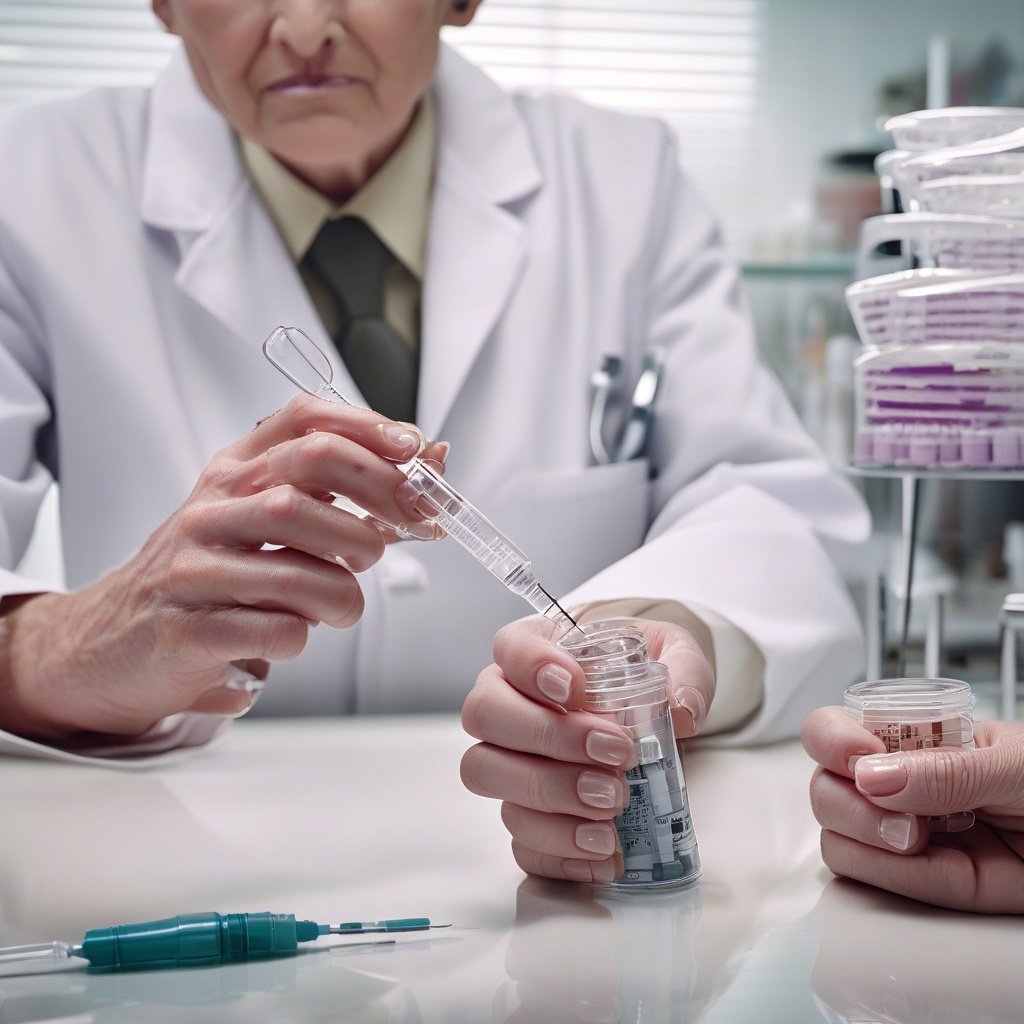Sellers of Fake Botox Could Be Jailed For Two Years, Says UK Watchdog
In a significant move to safeguard public health, the UK’s Medicines and Healthcare products Regulatory Agency (MHRA) has announced a crackdown on the trade of unlicensed botulinum toxin products, commonly known as Botox. This initiative comes in response to a troubling rise in botulism cases reported across England, highlighting the dangers associated with counterfeit cosmetic treatments. The agency warns that sellers of these fake products could face up to two years in prison, a stark reminder of the serious risks posed by unregulated medical treatments.
Botulinum toxin, a potent neurotoxin produced by the bacterium Clostridium botulinum, is widely known for its cosmetic applications, particularly in reducing the appearance of wrinkles. However, its misuse can lead to severe health complications, including botulism, a potentially life-threatening illness. The MHRA’s decisive action aims to protect consumers from the perils of unlicensed and counterfeit products that flood the market, often marketed at a fraction of the price of legitimate treatments.
The rise in botulism cases has raised alarm among health officials, prompting a thorough investigation into the sources of these unregulated products. The MHRA has indicated that individuals purchasing Botox from non-registered practitioners or online platforms are at significant risk. These counterfeit versions often lack the necessary safety and quality controls, leading to dangerous side effects and complications. Reports indicate that unlicensed Botox may not only be ineffective but can also result in severe health issues, including muscle weakness, respiratory problems, and even death in extreme cases.
To combat this alarming trend, the MHRA has implemented stringent measures to ensure that only licensed and qualified practitioners are able to administer botulinum toxin products. This includes enhancing regulations surrounding the sale and distribution of Botox. Practitioners must be adequately trained and registered with the MHRA to ensure the safety and well-being of their patients. The agency has also launched an awareness campaign aimed at educating the public about the dangers of using unlicensed Botox, stressing the importance of verifying the credentials of providers.
The legal implications for those caught selling fake Botox are severe. Under the new legislation, violators could face fines and imprisonment of up to two years. This serves as a strong deterrent not only to sellers but also to consumers who may unknowingly purchase these dangerous products. The MHRA is urging consumers to report any suspicious advertisements or practitioners to help crack down on the illegal trade of unlicensed botulinum toxin.
The crackdown on fake Botox is part of a larger effort by the UK government to regulate the cosmetic industry more effectively. Recent years have seen an increase in demand for non-surgical cosmetic procedures, with Botox being one of the most popular options. As the market expands, so does the risk of exploitation by unscrupulous sellers looking to profit from consumers’ desires for beauty and youth. The MHRA’s actions are a necessary step toward ensuring that all cosmetic treatments are safe, effective, and administered by qualified professionals.
Consumers are encouraged to be vigilant and informed when seeking Botox treatments. It is essential to verify that the practitioner holds the appropriate qualifications and that the products used are licensed and approved by the MHRA. Patients should also be aware of the signs of botulism, which may include double vision, blurred vision, drooping eyelids, slurred speech, difficulty swallowing, and muscle weakness. If any of these symptoms occur after receiving treatment, it is crucial to seek medical attention immediately.
The UK is not alone in facing challenges related to unlicensed cosmetic procedures. Similar concerns have arisen globally as the popularity of Botox continues to rise. Countries worldwide are grappling with the implications of unregulated beauty treatments, prompting many to consider stricter regulations and enforcement measures. The MHRA’s proactive stance serves as a model for other nations looking to protect consumers and ensure the integrity of the cosmetic industry.
In conclusion, the crackdown on the trade of unlicensed botulinum toxin products is a necessary measure to safeguard public health and prevent the rise of botulism cases in England. The MHRA’s commitment to enforcing regulations and holding offenders accountable sends a clear message: consumer safety must come first. As the cosmetic industry evolves, ongoing vigilance and regulation will be crucial in ensuring that individuals seeking beauty treatments do so safely and responsibly.
#Botox #HealthSafety #MHRA #CosmeticRegulation #PublicHealth
